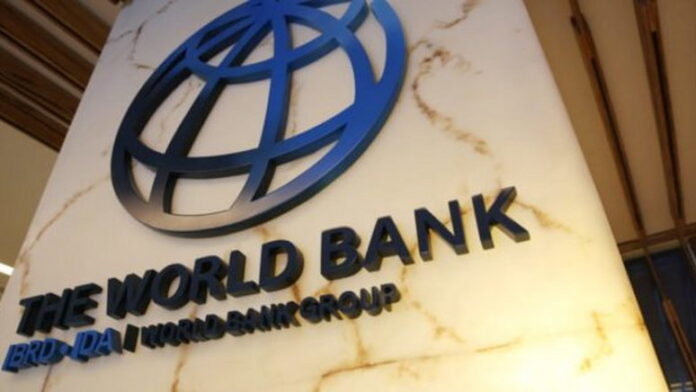The President of the World Bank Group, Mr. David Malpass, has insisted that Nigeria should reconsider its policy on fuel subsidy, explaining that that the huge amount being expended on the policy could be channelled to other critical sectors.
Malpass said during a media briefing at the ongoing World Bank/International Monetary Fund Spring Meetings in Washington DC.
The Senate last week approved the total sum of N4 trillion for petrol subsidy in 2022.
The figure represented the amount contained in two separate requests by the President to the National Assembly for approval.
The President, had in a letter to the Legislature dated 10th February, 2022, sought an additional N2.557 trillion to fund subsidy payments from July to December, 2022.
The World Bank had last November sounded the alarm bells to Nigeria, saying further delay in removing the fuel subsidy which had been described as a major drain and waste on the economy could see federal and state governments unable to pay salaries from 2022.
The Lead Economist, Nigeria Country office of the World Bank, Marco Antonio Hernandez, had painted a gloomy picture of Nigeria if the country decides to continue with the controversial fuel subsidy.
But speaking during the media briefing, Malpass pointed out that generalised subsidies have significant negatives effects on any system.
“One is that they are expensive because they go to everyone and they are often used by people with upper incomes than by people with lower incomes so they are not targeted.
“So, we encourage that when there is need for subsidy, either food or for fuel, that it should be carefully targeted at those most in need of it. And so, we have encouraged Nigeria to rethink its subsidy effort,” he said.
Speaking further, the World Bank boss reiterated the need for the country to do away with multiple exchange rate system, which according to him was often, “complicated and is not as effective as it would be if there were a single exchange rate.”
He added: “The most useful thing for developing countries is to have a single exchange rate that is market-based, that is stable over long periods of time as that attracts investment and so that would help.”




